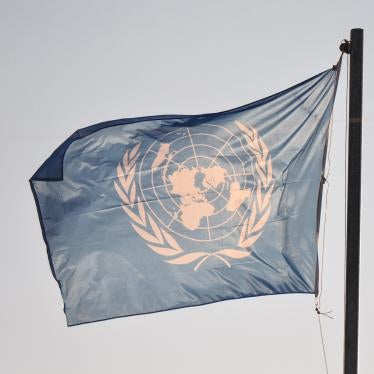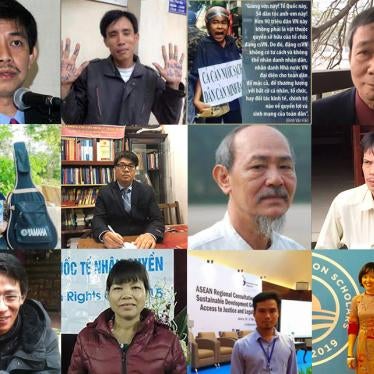In this Council, we often talk about the importance of implementation.
We can pass all the resolutions we like, but none of it matters if it doesn’t translate into actual progress for people on the ground.
Sri Lanka’s co-sponsorship of resolution 30/1 in October 2015 represented a moment of hope, of opportunity, the prospect of justice and accountability for the tens of thousands of victims of the country’s brutal civil war.
In that resolution, Sri Lanka pledged to set up four transitional justice mechanisms to promote “justice, reconciliation and human rights” in the country. These included an accountability mechanism involving international judges, prosecutors, and investigators; a truth and reconciliation mechanism; an office of missing persons; and an office for reparations.
Thus far only the Office of Missing Persons (OMP) has been set up – just ahead of the current session in Geneva.
There is little progress on the three other promised mechanisms.
Nor has the government delivered on its promise to repeal the abusive Prevention of Terrorism Act. The Special Rapporteur on human rights and counter-terrorism, after his visit last year noted that the “use of torture is deeply ingrained in the security sector.”
The government-appointed Consultation Task Force conducted extensive nationwide consultations on the transitional justice mechanisms. Its January 2017 report, containing detailed recommendations drawn from all affected communities including the security services, provided an important blueprint for the way forward, but has languished on the shelf, again representing a missed opportunity, and translating hope into mistrust.
Mr. President, we all want Sri Lanka to be a success story. We all need Sri Lanka to be a success story. But it risks becoming a Council failure, fueling disillusionment and discontent, if human rights are sidelined in the name of perceived political expediency, if the Council’s attention moves onto other issues while the promise of justice remains unfulfilled.
The Sri Lankan government should present a time-bound implementation plan to carry out its pledges to this body, and the Council needs to maintain scrutiny until Sri Lanka’s commitments are met in full.
Sri Lanka’s long-term peace and stability hinges upon the international community’s willingness to support the government in addressing the past so that it may look to the future.







